Tag: dietary diversity
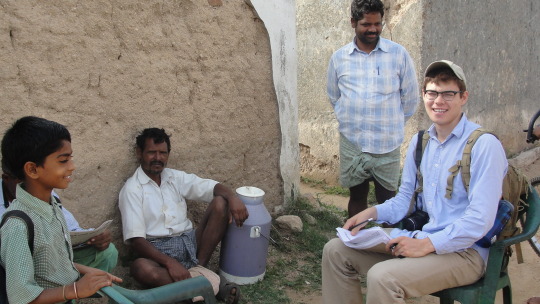
America the– raw meat eating?—beautiful: the value of living alongside villagers
I was cornered.
The lady we were surveying held out a glass of water in one hand, as she held her child in the other.
“Thank you, but I’ve had enough to drink,” I said smiling. I did not want…
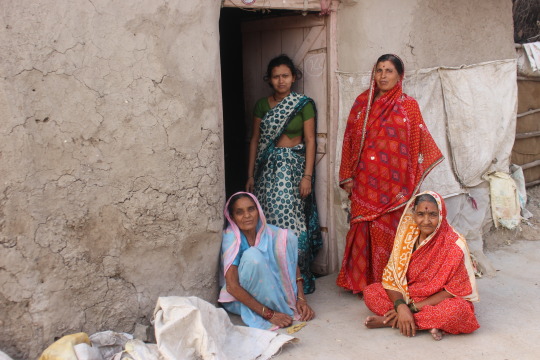
Reflections from ICRISAT: Science with a human face
For the past 7 weeks, the TCi team has been working closely with our partner organization ICRISAT to study household and individual dietary diversity. Finishing a research project within 7 weeks is no easy feat. Aside from the two back…
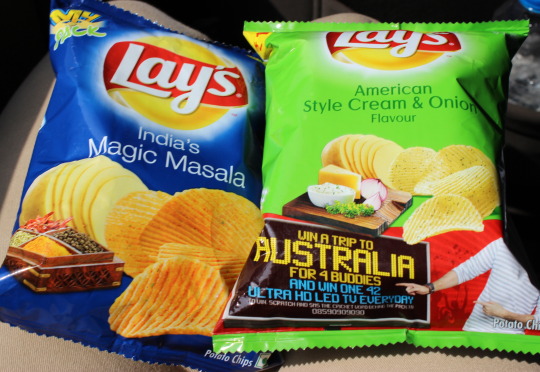
Oreos and Lays and Fanta, oh my: the necessary surprises of field research
By John Lowry
John Lowry is a TCi intern and undergraduate senior studying biology and government. Alongside the other interns at ICRISAT, he studies individual and household dietary diversity with a special focus on the consumption of packaged foods and…

ICRW Announces Winner of the Inaugural Paula Kantor Award
Erin Kelly is a Communications Specialist at the International Center for Research on Women. This is a re-post of her piece which originally appeared on the News & Commentary section of the ICRW website.
The International Center for Research on…

ICRW interviews Dr. Soumya Gupta, Winner of the Paula Kantor Award
By Erin Kelly
Erin Kelly is a Communications Specialist at the International Center for Research on Women. This interview originally appeared on the ICRW website.
On January 20th, ICRW awarded Dr. Soumya Gupta with the inaugural Paula Kantor Award for…
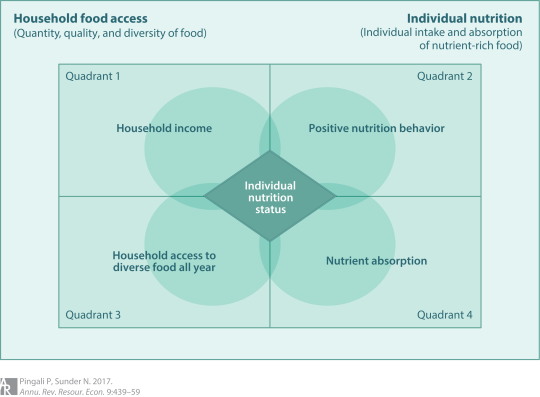
Transitioning Toward Nutrition-Sensitive Food Systems
Food systems are typically defined as comprising all activities that are part of the production, distribution, and consumption of food. This includes (but is not restricted to) processes such as cultivation, harvesting, maintaining livestock, postproduction processing, packaging, storing, transport, selling,…
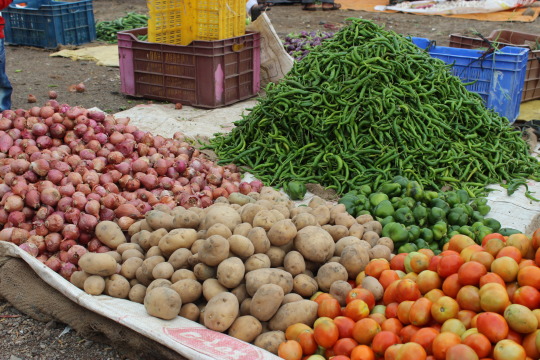
Op-Ed: We’ll Be What We Eat
With a five-fold increase in food grain production since 1947, India has moved away from its dependence on food aid to become a net food exporter. However, the country still shares a quarter of the global hunger burden.
By 2011,…

Aquaculture and fish-focused internship yield net gains
Summer internships offer students experiential learning opportunities “that enhance and complement their career goals and academic progress, while enriching their undergraduate experience with diverse cultural and international immersion.” The Tata-Cornell Institute, in collaboration with the CALS Global Fellows Program, has…
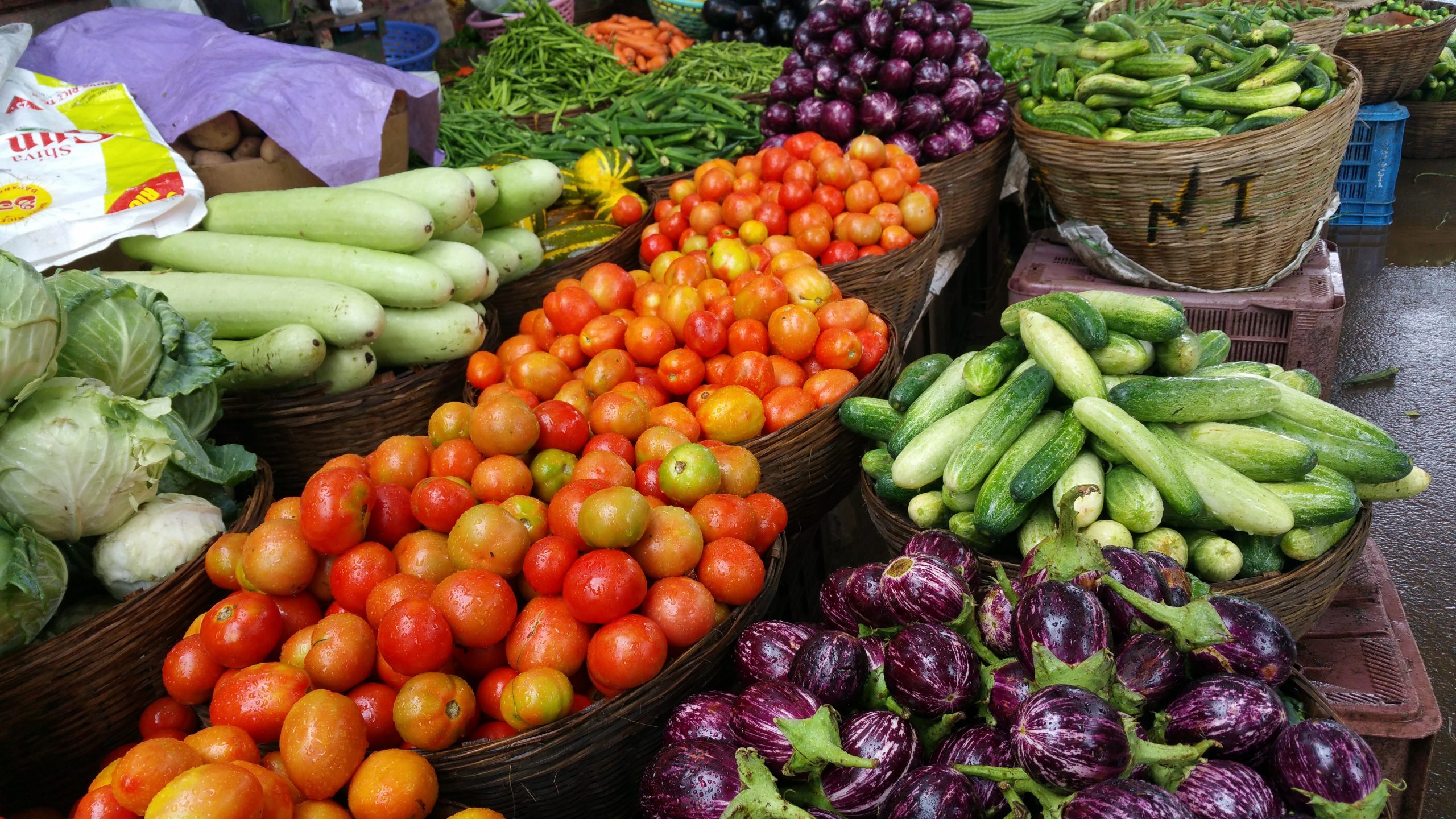
Improving Dietary Diversity through Market Access, Livestock, and Women’s Education
In developing countries like India, people in rural areas often subsist on diets of mostly cereal grains which lack important micronutrients, leading to a range of maladies, including anemia, stunting, low birth weight, and more. In a newly published article…

